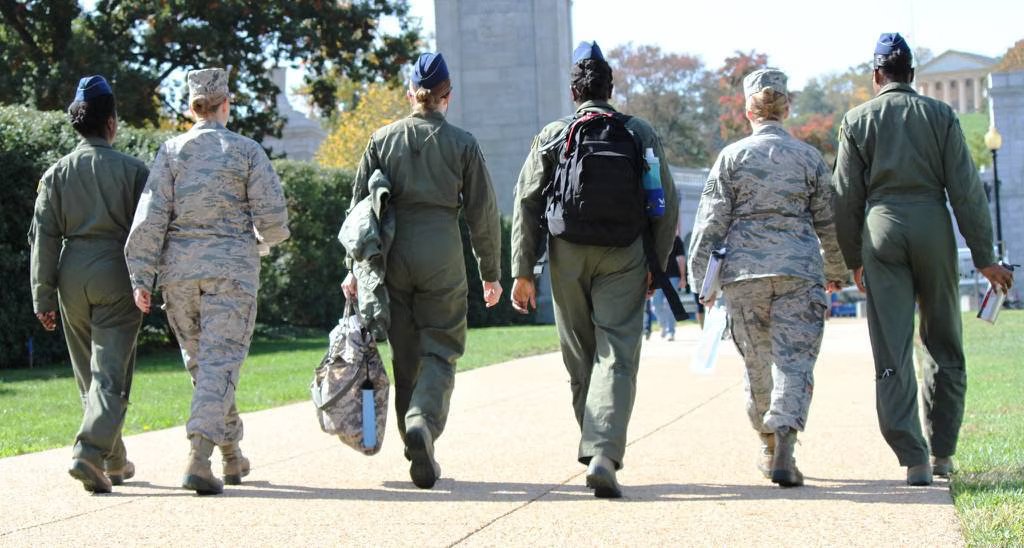
Challenges That Veterans Face
Many veterans face a challenging transition back to civilian life, a journey fraught with obstacles that are often invisible but deeply impactful.
Why Helping is Important
The statistics show us that veterans experience substance abuse disorders, post-traumatic stress and other mental health disorders, and traumatic brain injury at disproportionate rates compared to their civilian counterparts.
An average of 16 veterans commit suicide per day, showing a higher risk among Recent Veteran VHA Users. Also, more than 33,000 veterans are homeless and face extreme financial duress.
Successful reintegration into civilian life must include providing veterans with training that builds on their military knowledge and skills, post-separation employment, mental health programs, and homelessness prevention.
The VA characterizes women as the fastest-growing population in both military service and the veteran community. Women veterans also face challenges when returning to civilian life, including dealing with the after-effects of events such as Military Sexual Trauma (MST), employment, and housing barriers. Without intervention, these and other issues can put women veterans at greater risk of homelessness. Wounded
Warrior Homes has recently expanded our program to include female veterans in North County. We now serve recently separated veterans with combat-related disabilities, including post-traumatic stress or traumatic brain injuries.
PTS and TBI in Veterans
What is PTS?
Post-traumatic Stress (formerly known as PTSD) can be described as a mental health condition that's triggered by a trauma. Whether experiencing it or seeing it. The symptoms include flashbacks, nightmares, severe anxiety, depression, and confusion.
About half of those who had met the criteria for PTS have ever consulted help from a physician or mental health professional.
Resources For Veterans Experiencing PTS or TBI
What Is TBI and How Does It Affect Veterans?
TBI (or Traumatic Brain Injury) can be described as exposure to a blast or brain injury. TBI can be the result of several different incidents. This can include falls off a moving vehicle, combat zones, or blasts nearby. Symptoms can include confusion, blurry vision, lack of focus, unmotivated and more.
How We Can Help
If you are a veteran needing our help, don’t hesitate to contact us through the form found on the program page.
You can support our mission by donating to Wounded Warrior Homes.
Support veterans by volunteering your time., spread the word on social media or check out more ways to help.




